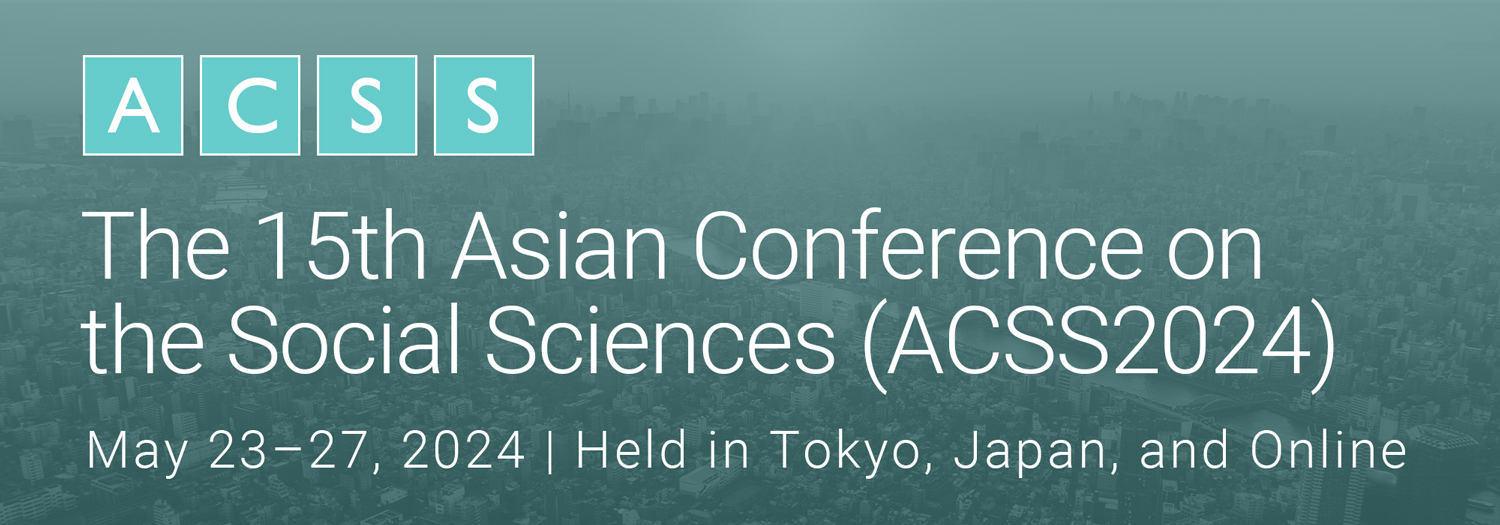International Comparison of Policies for Accepting Migrant Caregivers: Implications for Japan in Aiming for Longer Stays for Migrant Caregivers (81119)
Friday, 24 May 2024 15:30
Session: Poster Session 1
Room: Orion Hall (5F)
Presentation Type: Poster Presentation
As elderly populations rise, the demand for long-term care and therefore for recruiting migrant workers in the caregiving sector is becoming competitive in many countries.
With this background, we are conducting an international comparative study on the policies for accepting migrant caregivers in ten countries which are destinations for migrant caregivers (South Korea, Canada, New Zealand, UK, Singapore, Saudi Arabia, Hong Kong, Taiwan, Sweden, Germany) by exploring the characteristics and challenges each face, and examining what Japan can learn from their cases.
This paper focuses on the requirements for visa issuance and continued employment as a caregiver and examines (1) what trends exist with regard to those requirements in countries where long-term/short-term stay as a caregiver is possible, and (2) what are the differences between Japan and other countries in this regard. In other countries which allow migrant caregivers to settle long-term, it has become clear that instead of imposing an examination, the trend is to enable migrants to work as caregivers on a long-term basis by attending training courses, reading qualifications obtained in their home country, and gaining continuous work experience in the host country. Compared to such countries, Japan is unique in that the only way for a migrant caregiver to settle long-term is to pass a National Examination for Certified Care Workers held in Japanese; this policy could not only be unequal compared to Japanese caregivers who are not required to pass that exam, but also could be a huge barrier to attracting migrant caregivers from other countries.
Authors:
Etsuko Sakairi, Hashimoto Foundation, Japan
Maho Aikawa, Hashimoto Foundation, Japan
Koto Akiyoshi, Hashimoto Foundation, Japan
Andi Holik Ramdani, Hashimoto Foudation, Japan
Niklas Holzapfel, Hashimoto Foundation, Japan
Tokiko Inoue, Hashimoto Foundation, japan
Ikuno Matsuda, Hashimoto Foundation, Japan
Waode Hanifah Istiqomah, Hashimoto Foundation, Japan
Toshiaki Hashimoto, Hashimoto Foundation, Japan
About the Presenter(s)
Etsuko Sakairi received her MA in Social Work from the University of Hawaiʻi at Mānoa and Ph.D. from the University of Auckland, New Zealand. She has a background as a Social worker and care worker. Her research interest is sexuality and people with physical disabilities. At the Hashimoto Foundation, she conducts research on migrant caregiver policies as well as investigating living and working experiences of migrant caregivers who come to Japan.
See this presentation on the full schedule – Friday Schedule





Comments
Powered by WP LinkPress